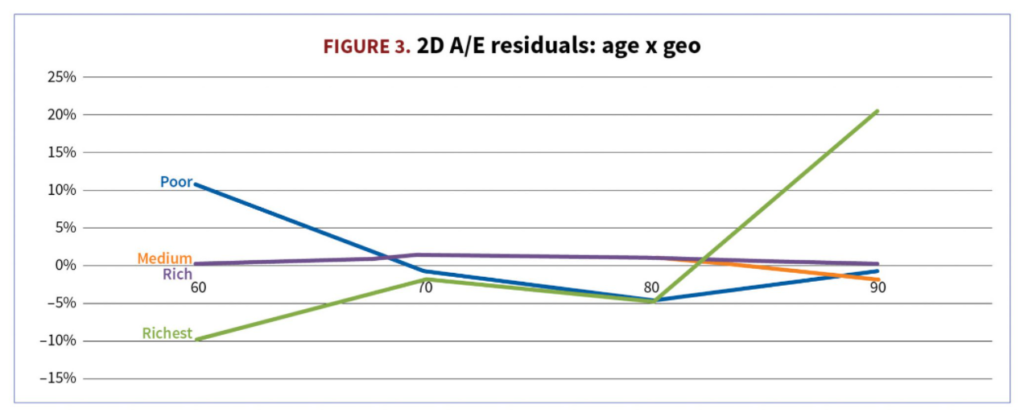Excerpt:
The federal government ran budget surpluses from 1998 to 2001. Yet the national debt went up in every one of those four years. How can debt go up when you’re running surpluses? Easy, borrow the surpluses then flowing into the Social Security Trust Fund and call it income. Any corporate CEO who tried this stunt would go to jail. But no CEO would try because Wall Street made such boldface accounting fraud impossible more than a century ago.
…..
How can we stop politicians from so casually lying to their stockholders (you and me) for their own short-term political benefit and to the country’s long-term financial detriment? What’s needed is the equivalent of the reforms forced on corporations 140 years ago.
One justification for the Federal Reserve is to keep the power to print money out of the hands of politicians. A Federal Accounting Board would keep the power to cook the books out of their hands as well. Like the Fed, it would be run by a board of seven members, all professional accountants of long experience, serving 14-year terms. They could be removed only for cause. One member would be appointed chairman, serving a four-year term.
The board would take over the duties of the Congressional Budget Office, and the White House Office of Management and Budget would be reduced to formulating the annual budget. The board would estimate future revenue and the costs of all legislation. It would also set the rules for how the federal books must be kept (no calling borrowed money “income”), and would determine if they are accurate and complete, as a CPA does for corporate books.
Author(s): John Steele Gordon
Publication Date: 12 September 2021
Publication Site: Wall Street Journal

